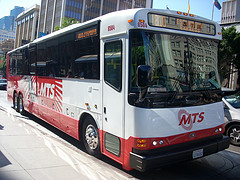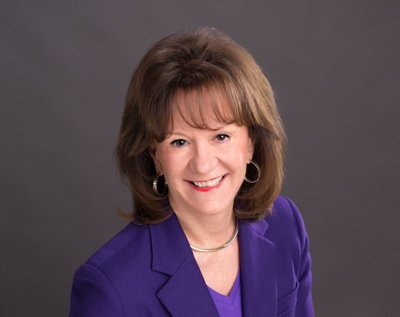
Texans may be somewhat calmed by the knowledge that transportation infrastructure problems are nationwide. No state is exempt. Citizens won’t, however, be happy to know that transportation-related costs are destined to increase in Texas and in every other state in the near future. The nation’s transportation infrastructure needs have become too critical to ignore any longer.
It’s interesting to see how each state is handling its infrastructure issues. Here’s a quick overview of what is happening in a few states.
In Tennessee, they call themselves the Tennessee Transportation Coalition – and they are leading the charge on transportation issues. This statewide coalition of businesses, citizens, community leaders, public officials and industry groups has organized to educate citizens about the state’s critical transportation needs. They are letting people know that additional funding is required and they are discussing increases in transportation-related fees and taxes that are inevitable. Not unlike other states, Tennessee has staggering infrastructure needs and a transportation backlog estimated at $8 billion.
Inadequate transportation funding is a critical issue for every state. The needs are great. In spite of that, taxpayers and citizens have not been timid about their objections to solutions that include new fees and/or taxes. So, public officials and others are trying to deliver the message that ignoring critical infrastructure needs is no longer an option. The reality is that economic development is literally blocked at every turn if transportation problems are not fixed.
South Dakota Gov. Dennis Daugaard warns, “It’s a lot cheaper to KEEP a road up than to FIX a road up.” The state’s current motor fuel tax was instituted in 1999 and has left the state significantly short on state highway and bridge funding. He will introduce a road and bridge funding bill to increase the excise tax. He also will ask for a motor fuel tax increase this year and in each year going forward.
In Texas, where state revenues have been significantly increased by oil and gas production, motorists have indicated extreme frustration with traffic congestion and also their dislike of toll roads. Last November, Texans passed Proposition One, which directed a portion of the state’s rainy day fund to the State Highway Fund. That will provide a new source of revenue for state infrastructure projects, but the total amount it will make available is far from adequate.
More than a dozen states are considering elimination of the tax on gas at the pump and implementation of a consumption tax based on miles driven. That’s a controversial issue to put it mildly.
Last year, the California Legislature passed a bill authorizing a pilot program to examine a road use charge as an alternative to the state gas tax. Oregon has begun its own pilot program and 5,000 residents have volunteered to pay 1.5 cents for every mile driven instead of the 30-cents-per-gallon gasoline consumption tax.
In Connecticut, Gov. Dannel P. Malloy has proposed a special “lock box” for transportation infrastructure funds. If enacted, the lock box will ensure that money collected for transportation purposes can only be used for transportation. Many states are likely to do the same because transportation funding has been used for decades to fund other programs or agencies.
To address a $1 billion to $1.5 billion gap in transportation funding, Georgia Gov. Nathan Deal is considering recommendations from a joint study committee. One recommendation is to pass a statewide sales tax that would generate $1.4 billion per year. The money would be allocated to an annual road usage fee for alternative fuel vehicles. And, in Minnesota, Gov. Mark Drayton wants to increase the gasoline tax and licensing fees to generate $5.8 billion over the next decade. He also seeks to institute a half-cent sales tax in the metro area to pay for transit projects.
Washington Gov. Jay Inslee boldly defined the importance of an adequate transportation system to the local, state and national economies by saying, “If education is the heart of our economy, then transportation is the backbone.”
As states struggle with increasing growth and aging transportation infrastructure, citizens should not be surprised to see increased fees and/or new taxes. Funding must be found somewhere and there are no perfect options.

